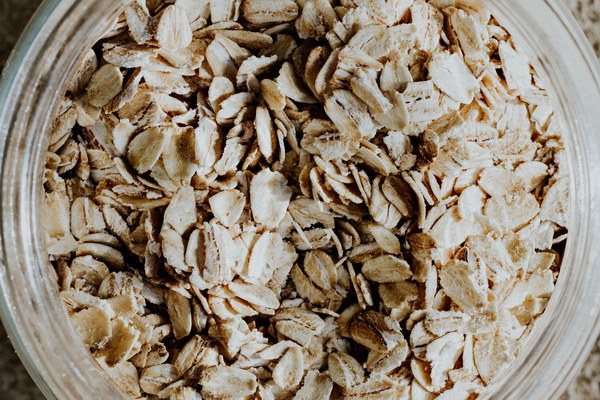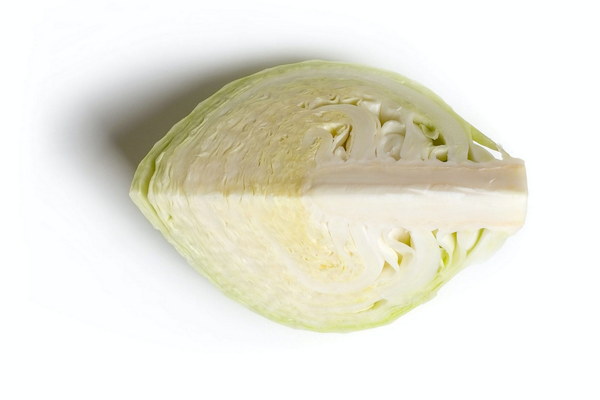Decaf Coffee A Liver-Protecting Beverage for Health-Conscious Consumers
Introduction:
Coffee has long been a popular beverage, known for its energizing properties and delightful taste. However, not everyone can enjoy the full benefits of coffee due to its caffeine content. Enter low caffeine coffee, a healthier alternative that not only offers a milder taste but also possesses potential liver-protecting properties. This article explores how low caffeine coffee can benefit your liver and why it is a great choice for health-conscious individuals.
1. Understanding the liver's role:
The liver is a vital organ responsible for filtering blood, detoxifying harmful substances, and producing bile. It plays a crucial role in maintaining overall health, including the immune system, digestion, and metabolism. Protecting the liver is essential to prevent liver diseases such as hepatitis, cirrhosis, and liver cancer.
2. The impact of caffeine on the liver:
Caffeine is a stimulant that can have various effects on the body, including the liver. High caffeine intake has been associated with increased liver enzymes, which may indicate liver damage. While the exact cause remains unclear, it is thought that caffeine may interfere with the liver's ability to metabolize fat.
3. Low caffeine coffee: A healthier alternative:
Low caffeine coffee is a great option for those who want to enjoy coffee without the potential liver-damaging effects of caffeine. This type of coffee undergoes a decaffeination process that removes most of the caffeine while preserving the flavor and aroma of the coffee beans.
4. Liver-protecting properties of low caffeine coffee:
Several studies have suggested that low caffeine coffee may have liver-protecting properties. Here are some key benefits:
a. Antioxidant protection: Coffee, both regular and low caffeine, is rich in antioxidants, which help neutralize harmful free radicals and reduce oxidative stress. This can help protect the liver from damage caused by toxins and inflammation.
b. Reduction in liver enzymes: Some studies have shown that low caffeine coffee can help lower liver enzyme levels, which may indicate reduced liver damage or improved liver function.
c. Fat metabolism: As mentioned earlier, caffeine may interfere with the liver's ability to metabolize fat. Since low caffeine coffee has a milder effect on the liver, it may be better for maintaining healthy fat metabolism and preventing fatty liver disease.

5. Incorporating low caffeine coffee into your diet:
To reap the liver-protecting benefits of low caffeine coffee, consider the following tips:
a. Choose high-quality low caffeine coffee: Opt for organic, fair-trade, or shade-grown coffee to ensure a healthier and more sustainable option.
b. Limit your intake: While low caffeine coffee is a healthier alternative, it is still important to consume it in moderation. Aim for one to two cups per day, depending on your individual tolerance.
c. Pair with healthy foods: Pair your low caffeine coffee with a balanced diet rich in fruits, vegetables, and whole grains to support liver health.
Conclusion:
Low caffeine coffee is a fantastic option for health-conscious individuals looking to enjoy the taste and benefits of coffee without the potential liver-damaging effects of caffeine. With its liver-protecting properties, low caffeine coffee can be a valuable addition to your diet, helping you maintain a healthy liver and overall well-being.









